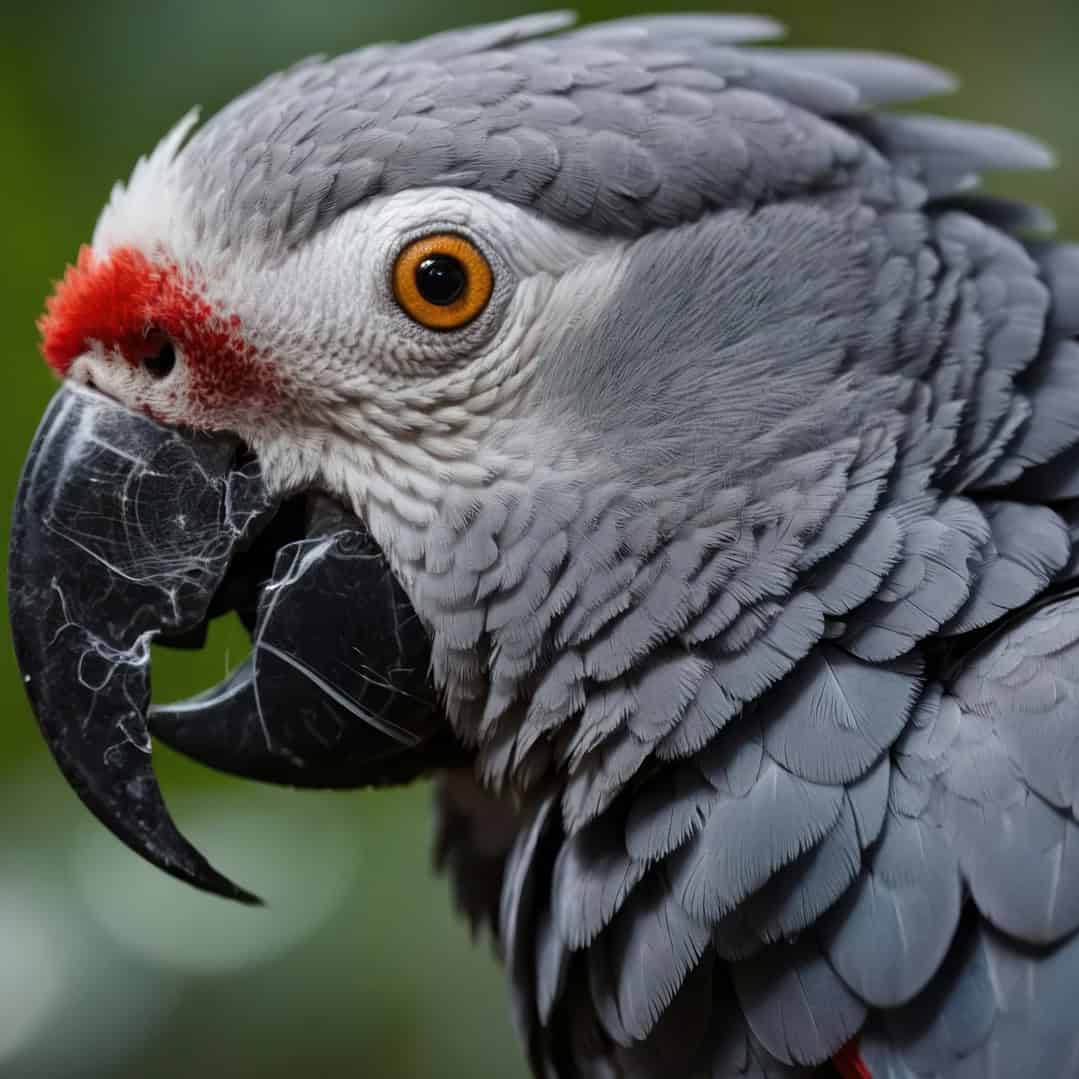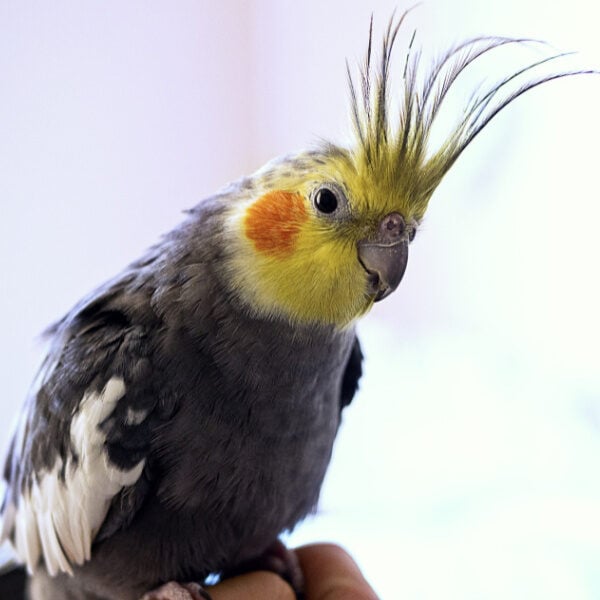Last Updated on by Mitch Rezman
Please let us know what’s important to you in the comments below.
While parrots like African greys and cockatoos have been studied for their problem-solving abilities and mimicry, research on the emotional depth, intelligence, and problem-solving skills of smaller parrots (like budgies and lovebirds) and other pet birds (such as finches and canaries) is far more limited.
Other under-researched areas include:
- Long-Term Nutritional Effects – While there are studies on bird nutrition, long-term studies One of the least studied subjects on pet birds is avian cognitive and emotional intelligence—especially in non-psittacine species. While parrots like African greys and cockatoos have been studied for their problem-solving abilities and mimicry, research on the emotional depth, intelligence, and problem-solving skills of smaller parrots (like budgies and lovebirds) and other pet birds (such as finches and canaries) is far more limited.
Other under-researched areas include:
- Long-Term Nutritional Effects – While there are studies on bird nutrition, long-term studies on how different diets affect pet birds’ health across decades (especially in smaller species) are rare.
- Aging and Geriatric Care – Unlike mammals, there’s little research on how pet birds age, how to best care for elderly birds, and what health conditions develop over time.
- Behavioral Impacts of Captivity – While we know some effects of captivity, studies on how different levels of enrichment, space, and social interaction impact a bird’s mental well-being are lacking.
- Reproductive Health in Companion Birds – While fertility and breeding in poultry and commercial birds are well studied, there is less data on hormonal and reproductive health in long-lived pet birds.
- Zoonotic Diseases and Microbiomes – The gut microbiome of parrots and its relationship to their health is an emerging field, but research is still in its infancy compared to mammals.
- on how different diets affect pet birds’ health across decades (especially in smaller species) are rare.
- Aging and Geriatric Care – Unlike mammals, there’s little research on how pet birds age, how to best care for elderly birds, and what health conditions develop over time.
- Behavioral Impacts of Captivity – While we know some effects of captivity, studies on how different levels of enrichment, space, and social interaction impact a bird’s mental well-being are lacking.
- Reproductive Health in Companion Birds – While fertility and breeding in poultry and commercial birds are well studied, there is less data on hormonal and reproductive health in long-lived pet birds.
- Zoonotic Diseases and Microbiomes – The gut microbiome of parrots and its relationship to their health is an emerging field, but research is still in its infancy compared to mammals.
Author Profile
Latest entries
 Feeding Exotic BirdsDecember 29, 2025How to Switch or Convert Your Bird From Seeds to Pellets: Real-Life Case Studies and Practical Guidance
Feeding Exotic BirdsDecember 29, 2025How to Switch or Convert Your Bird From Seeds to Pellets: Real-Life Case Studies and Practical Guidance Feeding Exotic BirdsDecember 16, 2025A Practical, Budget-Smart Guide to Feeding Birds Well
Feeding Exotic BirdsDecember 16, 2025A Practical, Budget-Smart Guide to Feeding Birds Well Bird EnviornmentsDecember 7, 2025Understanding Budgie Cage Bar Orientation: Myths, Realities & Practical Solutions for Vertical-Bar Bird Cages
Bird EnviornmentsDecember 7, 2025Understanding Budgie Cage Bar Orientation: Myths, Realities & Practical Solutions for Vertical-Bar Bird Cages Feeding Exotic BirdsDecember 5, 2025How Dr. T.J. Lafeber Rewrote the Future of Pet Bird Nutrition
Feeding Exotic BirdsDecember 5, 2025How Dr. T.J. Lafeber Rewrote the Future of Pet Bird Nutrition



